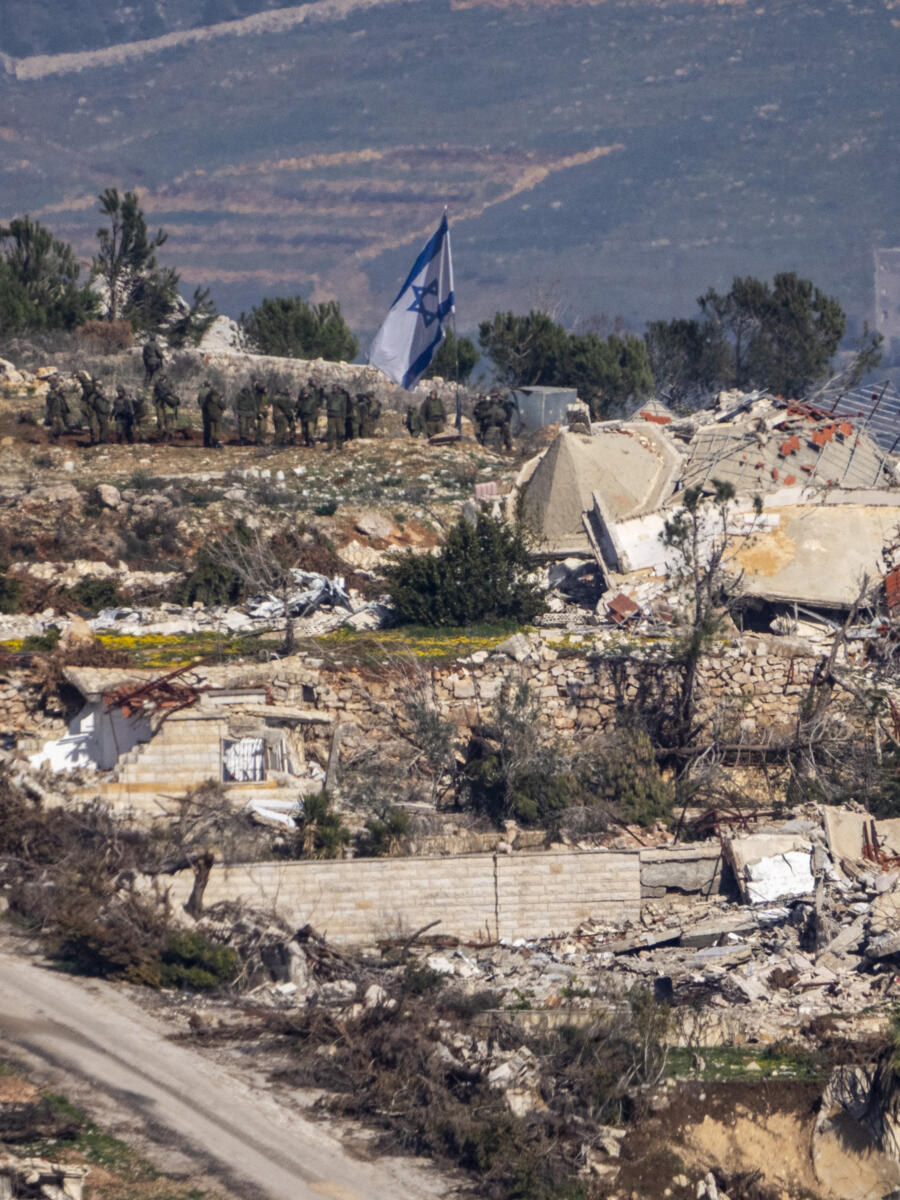Israeli Troops Extend Stay in Southern Lebanon Amid Ongoing Tensions
The Israel Defense Forces (IDF) announced on Friday their decision to keep troops stationed in **southern Lebanon** even after the scheduled expiration of a 60-day truce this coming Sunday. This decision marks a notable shift from the originally agreed-upon timeline in a ceasefire deal made last November, which stipulated Israeli forces would withdraw from Lebanon within two months.
Ceasefire Agreement: A Fragile Resolution
The ceasefire was a critical component of efforts aimed at halting the hostilities that erupted after Israeli operations last fall aimed at dismantling Hezbollah in southern Lebanon. Israeli authorities assert that the terms of the agreement continue to be inadequately met. Key stipulations of the ceasefire included the removal of Hezbollah fighters and their weapons from the region, as well as the deployment of both Lebanese and United Nations forces to establish a stable environment.
Israeli Government’s Stance
In a statement released by Prime Minister Benjamin Netanyahu’s office, officials explained their reasoning behind the postponed withdrawal. “Since the ceasefire agreement has not yet been fully enforced by the Lebanese government, the gradual withdrawal process will continue, in full coordination with the United States,” the statement read. It emphasized that any forthcoming withdrawal was contingent on receiving adequate security guarantees from both Hezbollah and the Lebanese government, stressing, “The State of Israel will not endanger its communities and citizens.”
Support from the United States
The United States has expressed support for Israel’s cautious stance regarding the withdrawal. According to a statement published by The Times of Israel, the White House confirmed, “President Trump is committed to ensuring Israeli citizens can safely return to their homes in northern Israel, while also supporting President Aoun and the new Lebanese government.” Additionally, White House National Security Council spokesperson Brian Hughes noted, “All parties share the goal of ensuring Hezbollah does not have the ability to threaten the Lebanese people or their neighbors. To achieve these objectives, a short, temporary ceasefire extension is urgently required.” Hughes also mentioned there has been progress in Israel’s limited troop withdrawals from central regions and reiterated U.S. efforts to finalize a ceasefire extension.
Hezbollah’s Response
The possibility of delaying a full Israeli withdrawal has ignited criticism from Hezbollah. The militant group issued a statement calling for the Lebanese government and international mediators, including the U.S. and France, to ensure all terms of the ceasefire are fully implemented. They stated their demand for “the deployment of the Lebanese army to the last inch of Lebanese territory” and called for the rapid return of displaced individuals to their homes. Hezbollah cautioned against allowing “pretexts or arguments to prolong the occupation.”
Ceasefire Under Strain
Violence reignited between Israel and Hezbollah last October, following a buildup of tensions along the border, which was exacerbated by the Hamas attacks on Israel on October 7, 2023. These confrontations have led to the displacement of over 1.2 million people in Lebanon. Israeli government spokesperson David Mencer noted some positive signs of movement towards implementing the ceasefire agreement, asserting, “There have been positive movements where the Lebanese army and UNIFIL [United Nations Interim Force in Lebanon] have taken the place of Hezbollah forces, as stipulated in the agreement.” However, he warned that progress has been slow, indicating that there remains “much more work to do.”
Ongoing Uncertainty
As it stands, Israel has yet to specify when it will complete its withdrawal from Lebanon. Fox News Digital reached out to the White House, the State Department, and representatives of the Lebanese government for their insights but received no immediate responses. The situation remains fluid and complex, with various regional and international actors still working through unresolved facets of the ceasefire agreement.
Looking Ahead
The extension of Israel’s troop presence in southern Lebanon raises critical questions about future relations between Israel and Lebanon, particularly concerning Hezbollah’s influence and capabilities within the region. As regional actors continue to engage in negotiations and discussions regarding the ceasefire terms, the pressing need for stability in southern Lebanon remains a priority for all parties involved.
